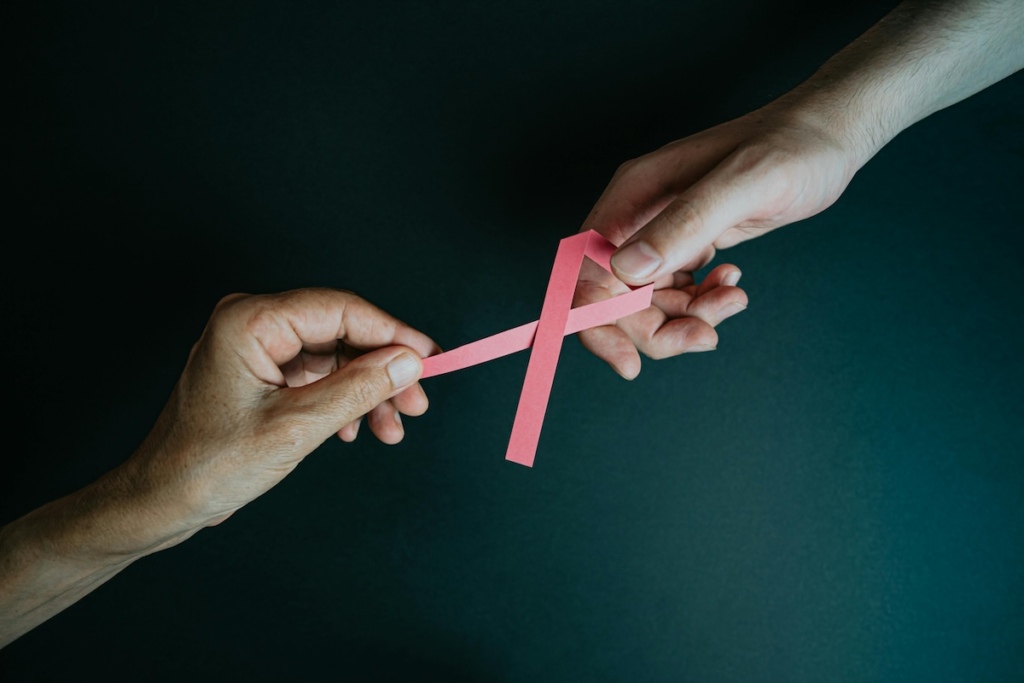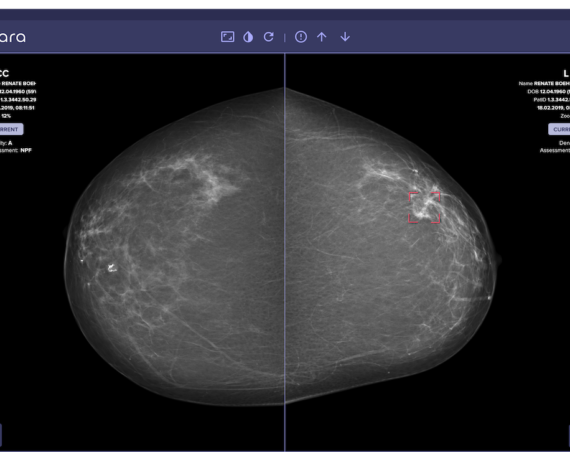
Novartis has announced that the U.S. Food and Drug Administration (FDA) has approved Kisqali (ribociclib) for a new indication in early breast cancer. This approval marks a significant development in breast cancer treatment, particularly for women with hormone receptor-positive, human epidermal growth factor receptor 2-negative (HR+/HER2-) early breast cancer.
The FDA has approved Kisqali in combination with an aromatase inhibitor for adjuvant treatment of HR+/HER2- stage II and III early breast cancer at high risk of recurrence. This approval is based on the Phase III NATALEE trial, which demonstrated a 25.1% reduction in the risk of disease recurrence compared to endocrine therapy alone. Notably, the approval includes patients with node-negative disease, potentially doubling the population eligible for CDK4/6 inhibitor adjuvant therapy.
For early breast cancer treatment, Kisqali is administered as a once-daily oral dose of 400 mg for three weeks, followed by one week off treatment, in combination with an aromatase inhibitor. The treatment duration is set at three years, aiming to reduce the risk of cancer recurrence in the early stages.
This approval addresses a critical need in breast cancer care. Despite prompt diagnosis and treatment, patients with stage II and III HR+/HER2- early breast cancer face a significant risk of recurrence, often as incurable metastatic disease. Dr. Dennis J. Slamon, lead investigator of the NATALEE trial, said: “Today’s approval allows us to offer treatment with a CDK4/6 inhibitor to a significantly broader group of people as a powerful tool that, combined with endocrine therapy, can help further minimize their risk of cancer returning.”
The NATALEE trial demonstrated that Kisqali at the 400 mg dose was well-tolerated. Adverse events of special interest included neutropenia, liver-related events, QT interval prolongation, and interstitial lung disease/pneumonitis. Most discontinuations were due to asymptomatic laboratory findings.
This approval potentially redefines treatment options for a wider population of breast cancer patients. Victor Bultó, President of Novartis US, said: “We continue to transform cancer care with Kisqali, building on its established profile in the metastatic setting and now helping a wide range of people as they strive to stay cancer-free following an early-stage diagnosis.”
Valarie Worthy, Co-Founder & Vice President of Community Outreach and Engagement at Touch, The Black Breast Cancer Alliance, said: “The FDA approval of Kisqali for more people with breast cancer is welcome news and empowers people diagnosed with early breast cancer with a new option to help manage and control their risk of cancer coming back.”
Novartis is continuing to evaluate NATALEE trial patients for longer-term outcomes, including overall survival. The company is also seeking regulatory approvals for Kisqali as an early breast cancer treatment worldwide, including in the EU and China.



